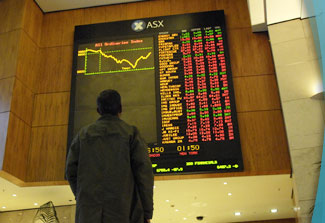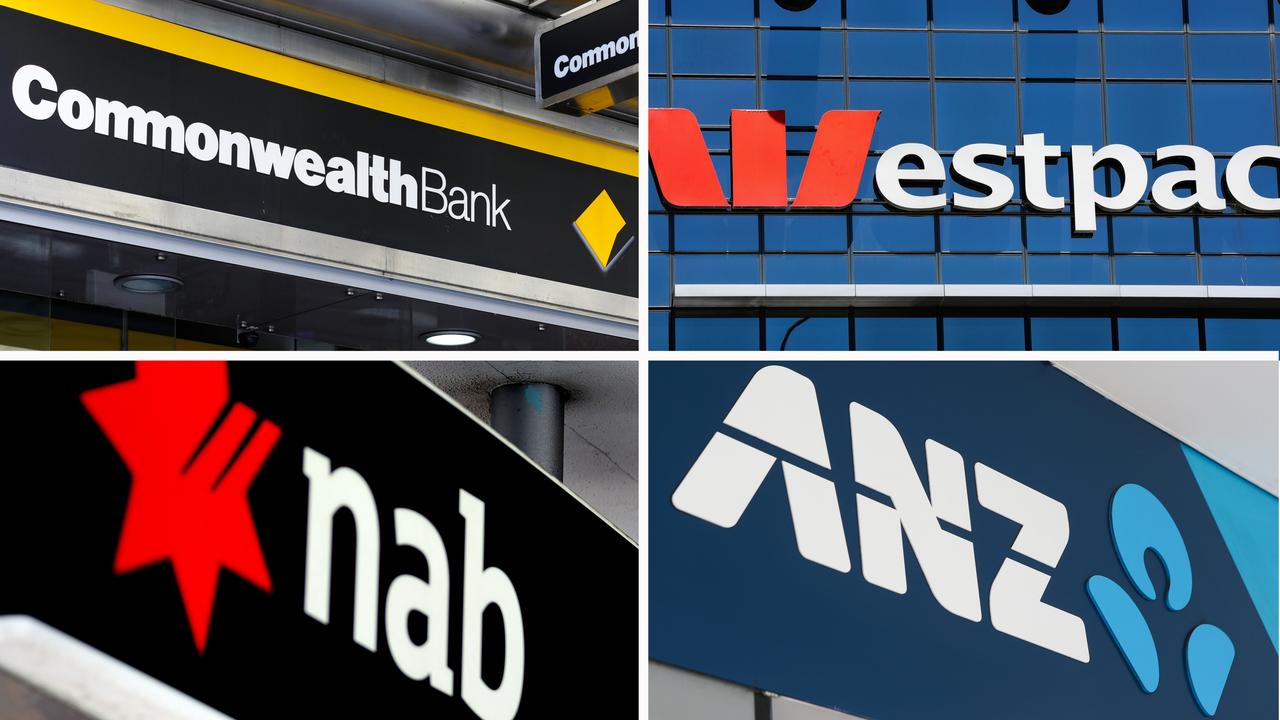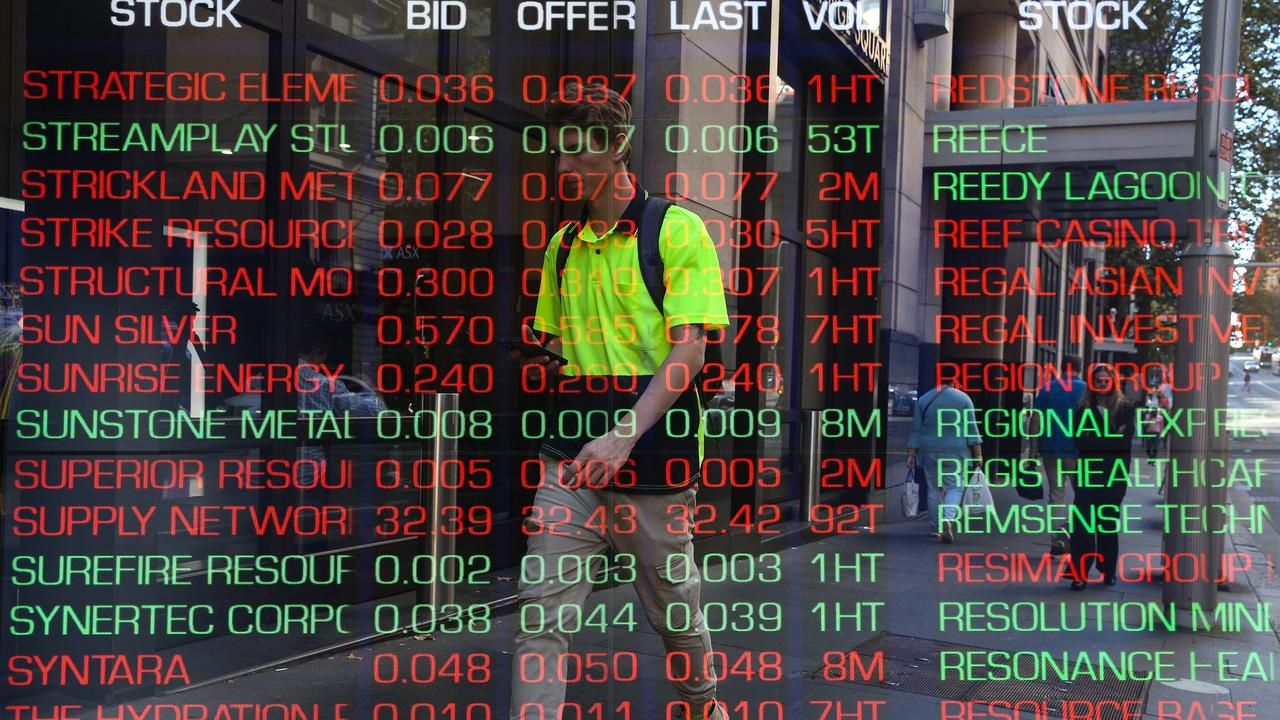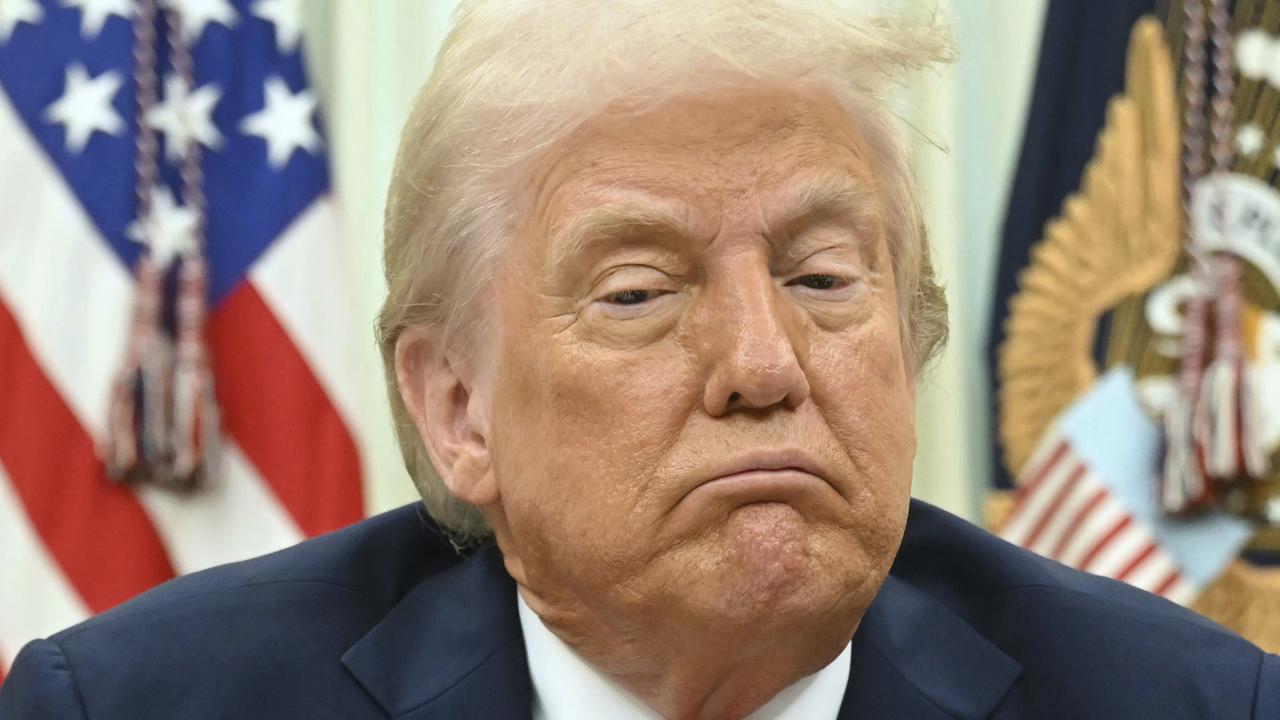Insider trading rife in Australia
INSIDER trading has become "part of the system", with regular lifts in share prices in the days before any official announcements.

Insider trading rife in Australia
INSIDER trading is so rife in the Australian stock market it may be weakening the reputation of the local bourse, forcing the companies' watchdog to bulk up its resources in the wake of a poor track record in cracking down on the practice.
Senior markets executives, including the chiefs at two investment banks, said insider trading had become "part of the system'' in the Australian bourse, with regular lifts in the share prices of takeover targets in the days before any official announcement of a deal.
The news is the latest blow to the Australian Securities Exchange, which is already reeling from wildly volatile trading, the collapse of Sydney stockbroker Tricom Securities and growing questions over its trade in risky financial products known as contracts for difference, or CFDs.
As well, there are concerns over unregulated and opaque stock lending practices.
"It is frustrating and commonplace to see informed price movement happen before announcements,'' Peter Hunt, principal at boutique investment bank Caliburn Partnership, told the Australian Securities and Investments Commission Summer School yesterday.
"There is greed and short-termism that is pervasive, and getting worse.''
Last week, the Australian Securities Exchange, which is responsible for regulating the market, said it had sent eight instances of suspected insider trading to ASIC in January, a sharp increase on only 20 for all of last year.
"We are concerned that insider trading is at a level that is a major issue for the market,'' Balanced Equity Management managing director Andrew Sisson said.
Mr Sisson used five years of market data to demonstrate how the share price of takeover targets moved upward in the 40 days before a deal was announced and particularly in the days before the announcement.
He said in the 40 days before an announcement, a target's share price would rise on average 10 per cent.
"In the very last day there is a spike of about 3 per cent typically,'' Mr Sisson said.
"This is partly rumours, partly straight insider trading. It's fair to say that a significant level of insider trading is detrimental to our market.''
Other markets executives also believe the illegal practice is becoming more common.
Gresham executive director Jenny Seagate said 2007 was "a year when insider trading was on the rise''.
"The markets were highly liquid and there was an opportunity to take advantage of the situation.''
Mr Hunt outlined a string of possible moves to strengthen regulation and deter market manipulation.
"We need an active debate between ASIC and people in the marketplace on the best way to deal with price-sensitive information,'' Mr Hunt said.
"This is not something that should be left to the ASX.''
He said the ASX supervisory powers should be handed to ASIC, giving the companies regulator "better teeth and better buy-in from the marketplace''.
Mr Hunt outlined a list of other potential moves that could be made to cut insider trading, including raising civil fines to over $1 million.
He said tougher rules should extend to other groups involved in mergers and acquisitions activity, including legal and accounting firms, public relations groups and printers.
"If we are serious about insider trading let's make them extremely nervous about what they are doing,'' Mr Hunt said.
"Let's think about bringing the US style of plea-bargaining and civil penalty settlement. If the criminal burden of proof is too hard to meet, let's think about the introduction of civil penalties.
"For many market practitioners six-figure fines are relatively small, although it is a lot of money to most people.
"Let's seriously think about decent seven-figure sums.''
The rate of prosecutions for insider trading in Australia is low, with an average of one insider trading conviction a year for the past decade.
But while ASIC defended its record on nabbing insider traders, the regulator admitted that it was taking a number of steps to beef up its resources in the area.
ASIC commissioner Belinda Gibson said that insider trading cases were very hard to bring.
"We have got to find an individual that knows and has some information,'' she said.''
Peter Hunt's ways to cut insider trading
* The secondment of staff between ASIC and the private sector
* Better data about insider trading
* Measuring the performance of the regulator against the data
* Handing ASX's supervisory powers to ASIC to create a centre of excellence
* Improving and speeding up the litigation process
* A specialist markets tribunal made up of market participants of "good standing"
* Financial rewards and immunity from prosecution for whistle blowers
* Plea bargaining and civil penalties with $1 million plus fines
* Give compliance officers a statutory duty to report directly to ASIC if they see or suspect suspicious behaviour



